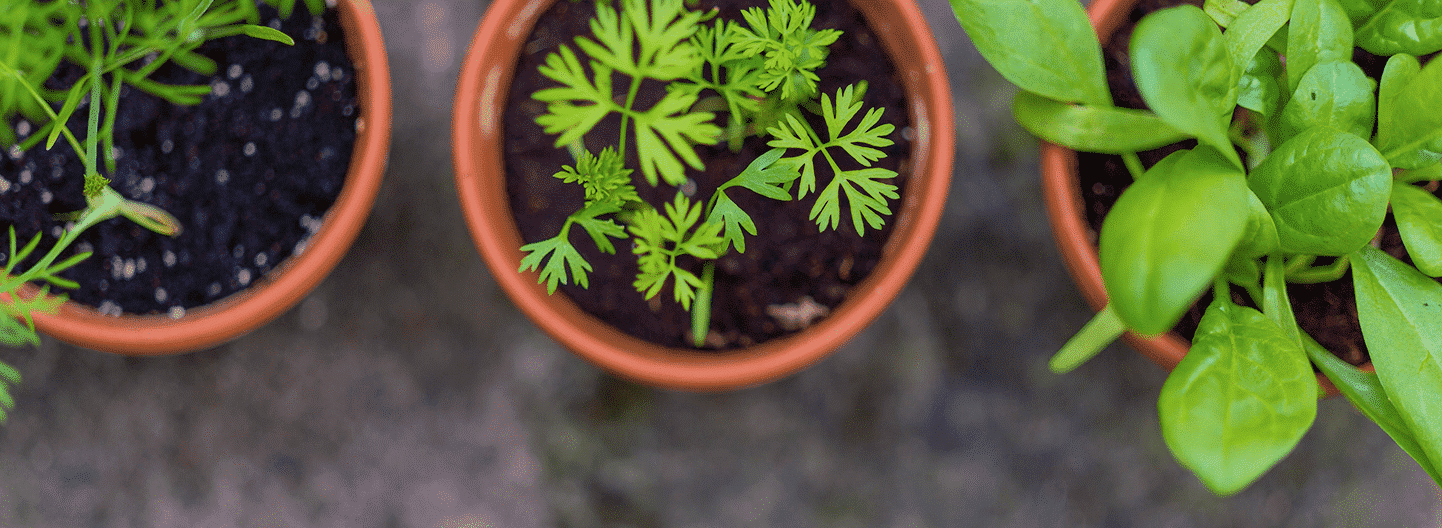Two days ago, I found myself slumped on the couch at 5pm, equally unenthused by the thought of working, cooking dinner, scrolling my phone, or doing any of the other rotating house-bound activities that kept me occupied during the first two weeks of the COVID-19 lockdown. I rallied my spirits and I got outside. It felt great.
Of course, I’m not the only one to realise the mental and physical health benefits of getting outside for the sake of getting outside. Walking tracks and neighbourhood streets around New Zealand have been buzzing with people since the lockdown was announced. But this message goes out to those who, like me, sometimes need a little cajoling to get out the front door.
Stay home and remember to get outside every once in a while. It sounds like an oxymoron but it’s also our best chance of staying safe and thriving.
Why should I go outside?
- Your work will wait (and might even improve). Being outside and close to nature has benefits for creativity, concentration, and memory.
- Getting outside and amongst nature results in increased vitality, giving you more energy to get other things on your to-do list done.
- Numerous studies have showed improvements in physical and mental health through time spent in nature (including treating chronic disease and lowering risk of depression).
- Reduce adverse side-effects of spending too much time inside.
What should I do?
Anything, really. According to research, just 20 minutes spent in your neighbourhood park (if it’s open) can be enough to increase wellbeing. Get as close to nature as possible, while staying local. Give forest bathing a go if you want to try something new, or simply take the time to unplug for a moment to truly soak in the experience. Try to leave your smartphone at home if you can – or certainly turn it onto silent.
How do I start?
If regularly getting outside hasn’t been your thing before (beyond walking to and from the bus stop), start small. Identify your own personal barriers and come up with creative ways to overcome them. Here are a few ideas:
- Social commitment. Recruit someone in your bubble to go for walks with you, or virtually buddy up with someone else outside your bubble who is also trying to reach a goal by holding each other accountable.
- Schedule it into your day at the same time each day. For many of us, working from home gives us the unique opportunity to exercise at flexible times. Treat your time outside with as much importance and priority as you would a meeting.
- Pre-empt things going wrong. Create yourself a list of “if, then” scenarios that you might encounter and ways to overcome them, for example: “If the weather is bad, then I’ll borrow my flatmate’s rain jacket”, or “If work gets busy, then I’ll set a phone alarm for 5pm that I’m not allowed to ignore”.
For more on the value of nature, even in winter, check out this article.



